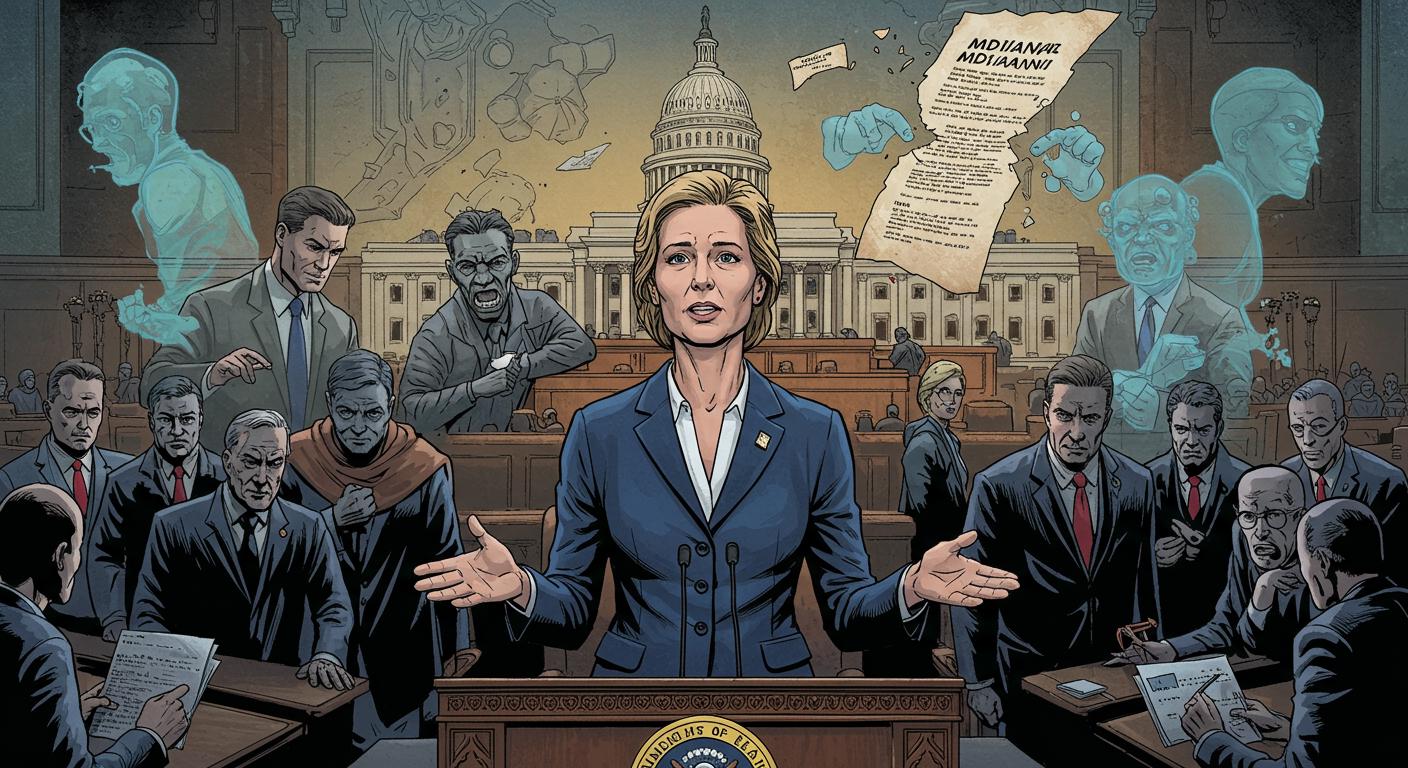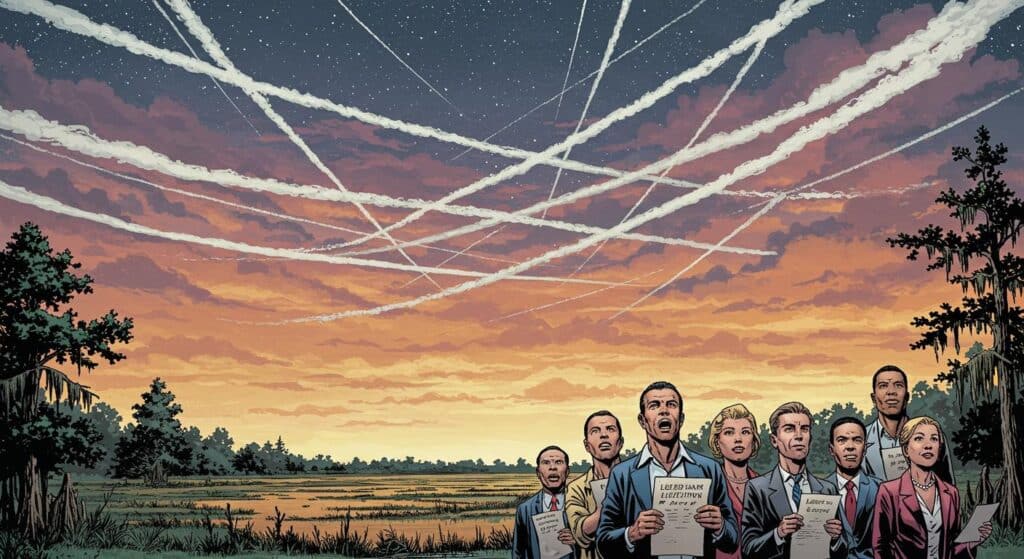If there’s a secret overlap between existential philosophy and federal budget negotiation, Senator Joni Ernst appears to have landed squarely in the middle. At a recent town hall in Iowa, concerned residents pressed Ernst about the Republican-led “One Big Beautiful Bill Act” and its high-stakes Medicaid revisions. Her answer? “Well, we all are going to die,” a response that, as ABC News described, came off with a certain cheerful finality.
One has to wonder—when mortality becomes the clarifying lens for Medicaid policy, are we witnessing gritty honesty, or a political pivot worthy of Beckett?
Death, Taxes, and Medicaid: A Classic American Trio
The Butler County event seemed to tick all the boxes for modern civic drama: constituents on edge, spirited back-and-forth, and a piece of legislation with a name big enough to block out the sun. The “One Big Beautiful Bill Act”—which, according to ABC News, will pile another $3.8 trillion onto the federal debt over a decade—carries with it various proposals for paring back Medicaid. While specific Congressional Budget Office scores on the Medicaid provisions are still pending, attendees’ anxieties were clear: the possibility of health coverage or food assistance being sliced away, and the grim suggestion that for some, this could be a life-or-death issue.
When one audience member warned, “People are going to die,” Ernst answered with a Midwesterner’s matter-of-factness—“Well, we all are going to die.” The exchange unfolded as Ernst stressed that she intends to protect “those who are most vulnerable”—namely, those who currently meet Medicaid eligibility requirements. For those who, as Ernst put it, have “the opportunity for benefits elsewhere,” the message seemed to be a gentle nudge out the Medicaid door.
Video and coverage reviewed by the Lufkin Daily News reflect how Ernst’s candid response quickly became the headline and the main point of backlash.
Republican leadership has pressed the idea that “waste, fraud, and abuse” are the real targets of the bill. Speaker Mike Johnson, as described in the ABC News report, has characterized the reforms as necessary to root out systemic abuses rather than slash coverage. Interestingly, the town hall crowd remained largely unconvinced, responding to Ernst’s repeated claims that “Medicaid is extremely important here in the state of Iowa” with boos and remarks about the real-world lives affected.
Eligibility, Efficiency, and a Dose of Chaos
A recurring theme—at least in Iowa—was how Medicaid eligibility doesn’t always line up neatly with actual need. As one constituent, Jen, pointed out, many Medicaid recipients do have jobs; they simply aren’t paid enough for private insurance to be an option. Her observation that “they deserve Medicaid” earned applause, while her concern that the bill might reroute resources to the already-wealthy added fuel to the discussion.
Ernst did attempt reassurance, particularly regarding children’s coverage: “We are not going to cut those benefits for those children,” she said, drawing the line that in her narrative, pruning the program would put the focus back on its original purpose. The audible audience grumbling suggested skepticism about how that line would be drawn in practice.
In a moment that felt almost designed for a future political trivia night, Ernst voiced support for the Department of Government Efficiency and referenced her membership in the Senate DOGE caucus—an entity whose acronym, for connoisseurs of bureaucratic oddities, refers to efficiency-minded lawmakers aiming to streamline federal programs. She argued that “right sizing” government and giving states a larger role wasn’t chaos, as one audience member alleged, but instead a return to foundational principles. Her rhetorical question—“When does it end?” regarding the $36 trillion national debt—hung in the air, not entirely rhetorical for those wondering if their insurance would end first.
Mortality as a Policy Talking Point
Serving up the reality of death as a rejoinder to policy concerns may sound like stoic honesty, or perhaps just an unusually philosophical dodge. Ernst’s tone, described by ABC News as “cheerful,” certainly stood out in a debate more often characterized by solemnity or panic. It’s difficult not to see a deep American irony at work—public debates about health safety nets ending, quite literally, with “we all are going to die.”
Amid the shouting, applause, tossed-off “chaos” accusations, and fiscal projections crowded with zeros, it’s Ernst’s existential candor that perhaps best cuts through the noise. Was she inviting us to reflect on the fleeting nature of life, or simply skating past her constituents’ worries with a shrug? Maybe both.
As government officials tout “waste, fraud, and abuse” crackdowns and critics point to underpaid workers slipping through eligibility cracks, the future for Medicaid—and the people who depend on it—remains as unsettled as ever. One might ask: Is this blend of realism and resignation the new baseline for American legislative discourse, or just a memorable moment in the annals of political oddity?
Everyone will, indeed, die one day. But for those wondering if government policy is quietly picking favorites about when that happens, a little clarity—cheerful or otherwise—might go a long way.







